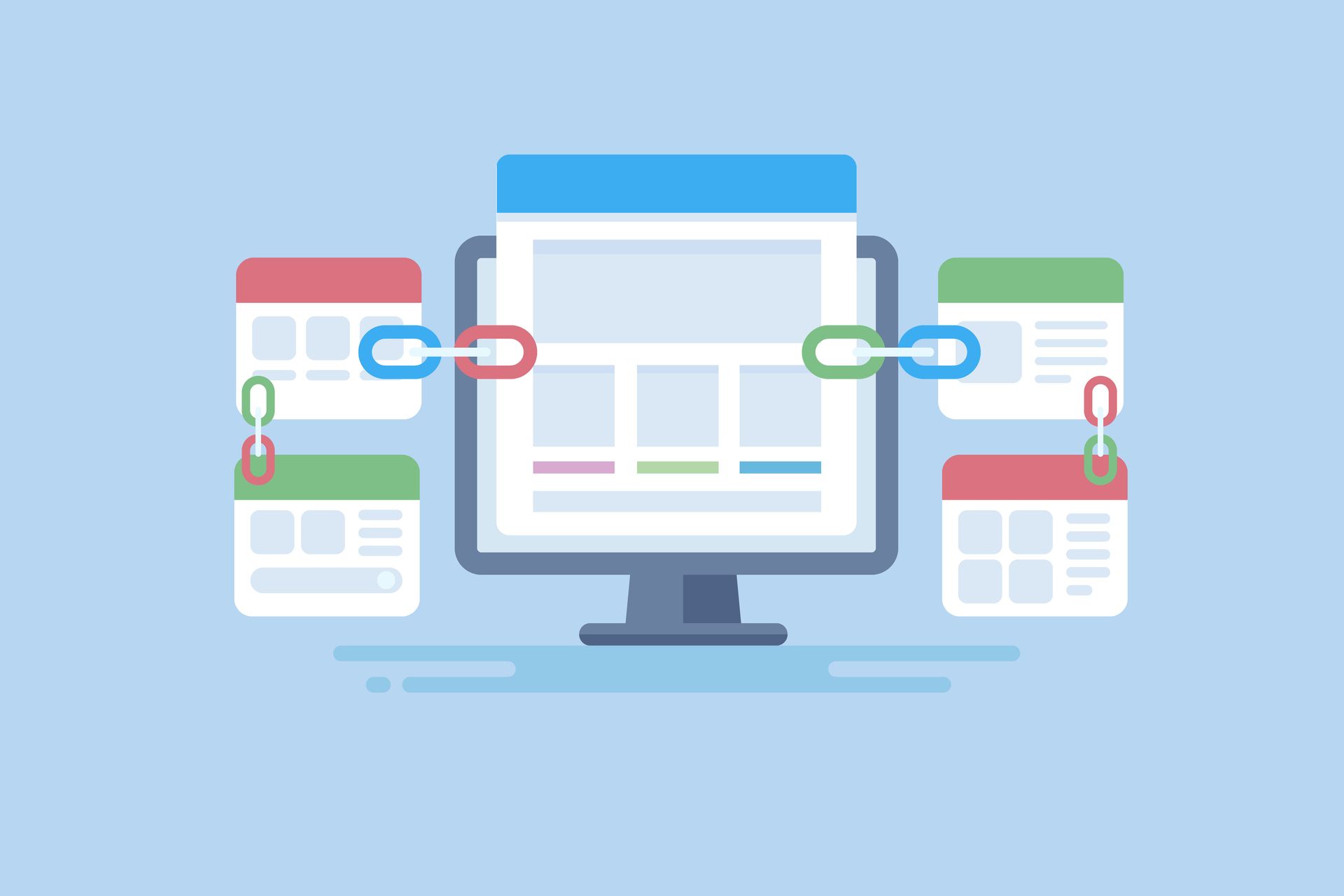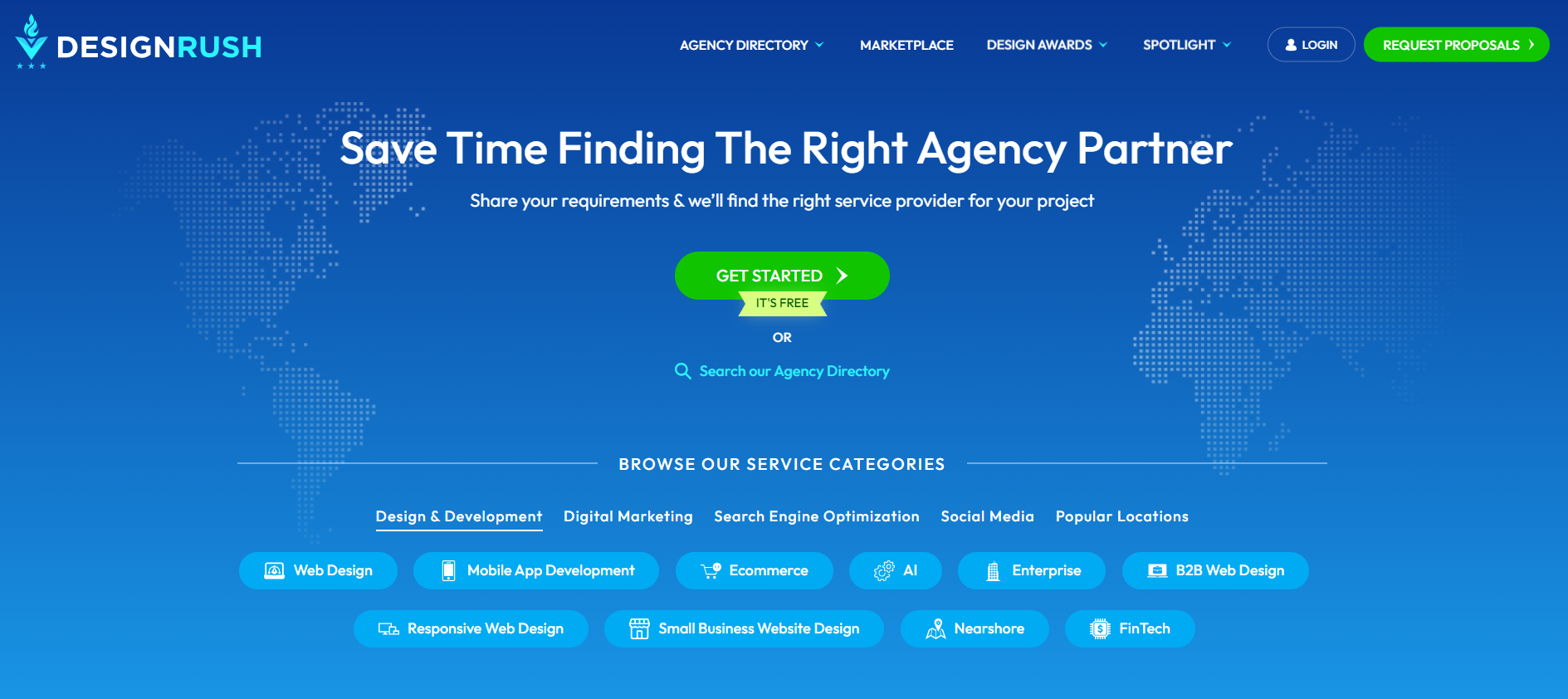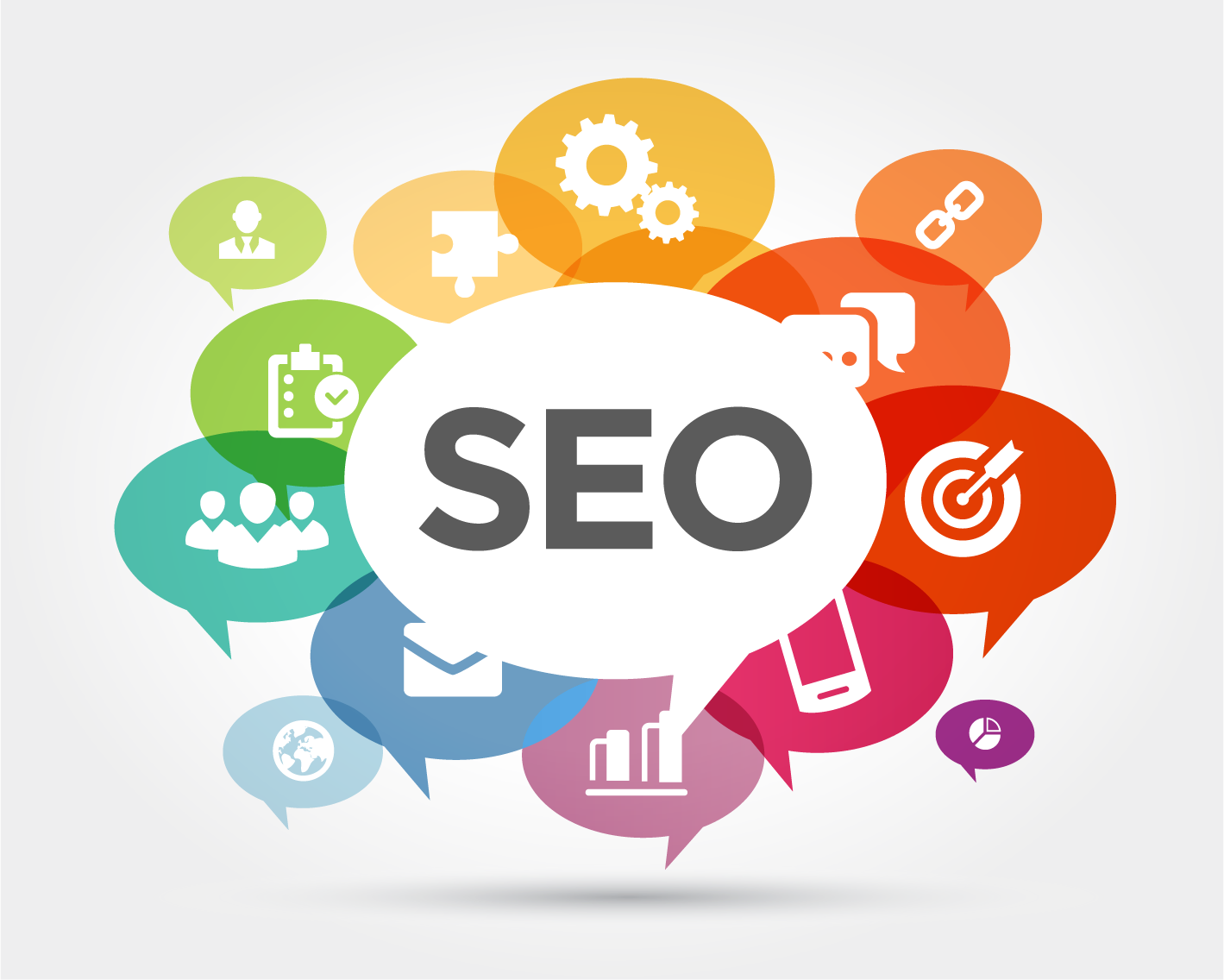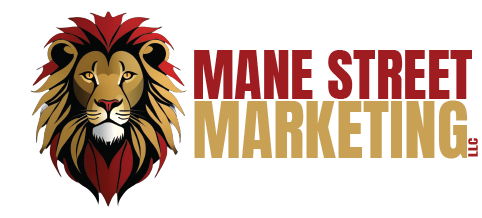On-Page SEO Must-Dos: 6 Essential Best Practices for Website Optimization
Search engine optimization (SEO) plays a vital role in driving organic traffic to your website. Among its various components, on-page optimization holds significant importance. It involves optimizing individual web pages to rank higher in search engine results and provide a seamless user experience. In this blog post, we will explore effective practices for mastering on-page SEO, enabling you to optimize your website efficiently and boost online visibility.
Conduct Comprehensive Keyword Research:
Thorough keyword research is fundamental to on-page SEO success. Identify relevant search terms and phrases that align with your business and target audience. Utilize keyword research tools to determine search volume, competition, and long-tail keyword opportunities. Strategically incorporate these keywords in page titles, headings, meta descriptions, and content to improve visibility in search results.
Optimize Page Titles and Meta Descriptions:
Page titles and meta descriptions are crucial for click-through rates and search engine rankings. Craft compelling and accurate page titles that reflect the content. Include targeted keywords appropriately. Similarly, create concise and enticing meta descriptions that entice users to click. Utilize relevant keywords while maintaining readability and conveying the value your page offers.
Develop High-Quality and Engaging Content:
Quality content is paramount for user experience and on-page SEO. Address your audience's pain points, provide valuable insights, and showcase expertise. Use subheadings, bullet points, and relevant images to enhance readability and engagement. Integrate keywords naturally within the content, ensuring a seamless flow instead of overstuffing.
Optimize Heading Tags and URL Structure:
Heading tags (H1, H2, H3, etc.) provide structure and SEO benefits. Use them to highlight sections and subtopics within content, ensuring relevance and descriptiveness. Additionally, optimize URL structure to be concise, descriptive, and keyword-rich. Well-structured URLs help search engines understand context and enhance user experience.
Improve Website Loading Speed:
Website loading speed impacts both user experience and search engine rankings. Optimize performance by reducing file sizes, compressing images, utilizing caching mechanisms, and leveraging content delivery networks (CDNs). Additionally, ensure reliable and fast hosting. Fast-loading websites enhance user satisfaction and increase search engine rankings.
Implement Internal and External Linking:
Internal and external linking boosts on-page SEO. Internally link relevant pages to provide additional information and improve navigation. This helps search engines understand website structure. Additionally, incorporate authoritative external links to credible sources within content to enhance credibility and provide added value.
Optimize for Mobile Responsiveness:
With the majority of users accessing websites on mobile devices, optimizing for mobile responsiveness is crucial. Ensure a seamless and enjoyable user experience across devices and screen sizes. Mobile optimization is not only important for user satisfaction but also a key ranking factor considered by search engines.
Mastering on-page SEO is essential for optimizing your website and improving search engine rankings. By conducting comprehensive keyword research, optimizing page titles and meta descriptions, creating high-quality content, optimizing heading tags and URLs, improving website loading speed, implementing internal and external linking, and optimizing for mobile responsiveness, you can enhance your website's performance and attract more organic traffic. Stay informed about SEO trends and continuously refine your on-page optimization strategies to gain a competitive edge. Or you can hire the professionals at MSM!

Serving all of Oregon, Idaho,
Washington, California, Nevada, Montana
541-363-5222
Business Hours
- Mon - Fri
- -
- Sat - Sun
- Closed
All Rights Reserved | Mane Street Marketing, LLC | Sitemap









